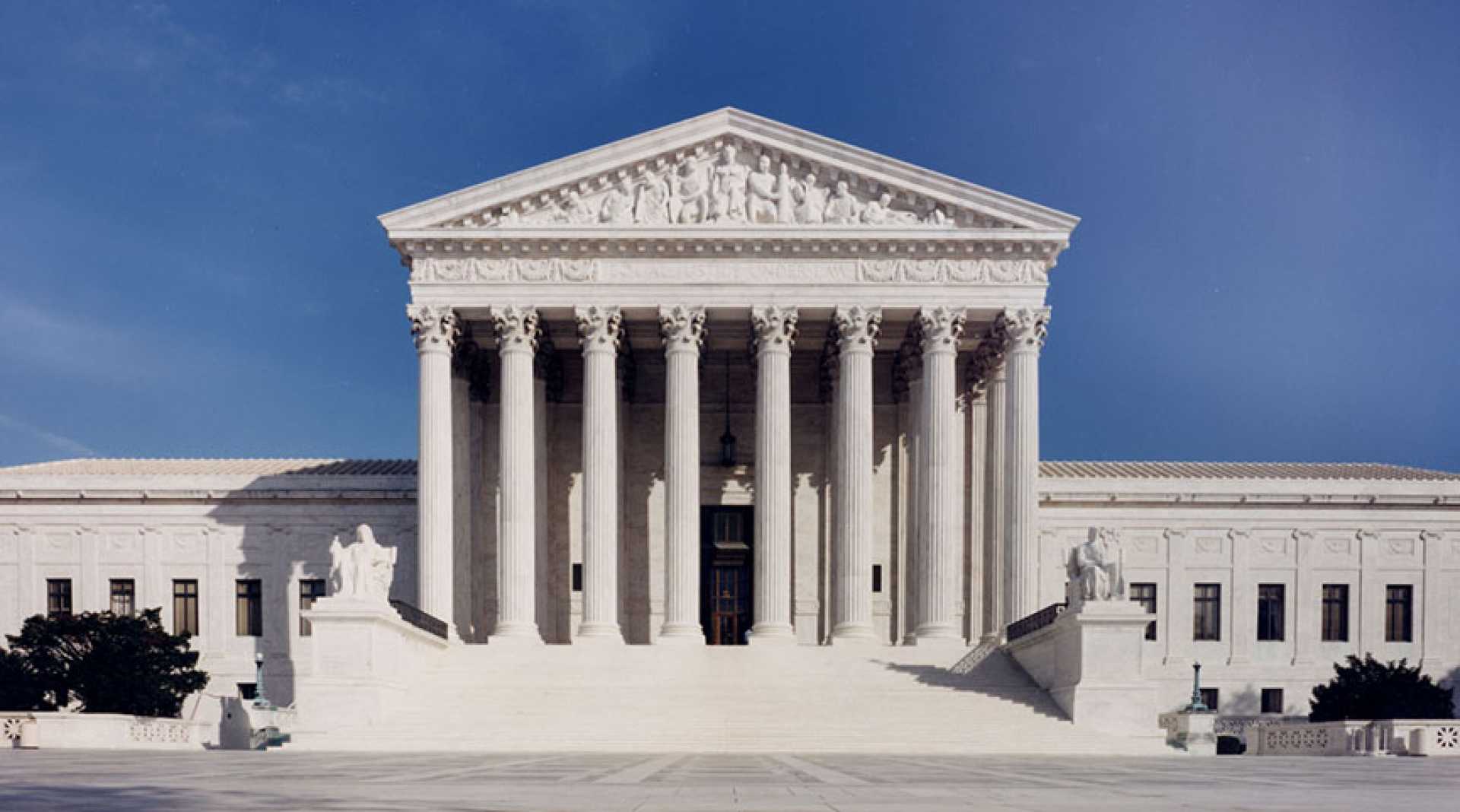Politics
Supreme Court to Review Trump’s Birthright Citizenship Challenge in May

WASHINGTON, D.C. — The U.S. Supreme Court announced Thursday that it will hear arguments on May 15 regarding President Donald Trump‘s executive order aimed at ending birthright citizenship for individuals born in the United States to parents who are not U.S. citizens or permanent residents. This case marks a significant escalation of Trump’s long-standing assertion that the Constitution does not guarantee automatic citizenship.
The Court’s decision to take up the case comes after numerous lower court rulings have consistently blocked the implementation of Trump’s controversial policy since he initially signed the executive order on his first day in office in January. The Trump administration argues that the courts have overreached their authority by issuing nationwide injunctions against the executive order, and that only the Justices can properly evaluate the legal standing of the order.
In their upcoming arguments, the Justices will explore whether district judges could justifiably issue injunctions that apply across the entire nation. So far, every court that has considered the order has found it unconstitutional, a view supported by more than a century of precedent regarding birthright citizenship.
Historically, the Fourteenth Amendment has been understood to confer citizenship on all individuals born in the United States, irrespective of their parents’ citizenship status. As articulated in the Amendment, “All persons born or naturalized in the United States, and subject to the jurisdiction thereof, are citizens of the United States.” This foundational legal principle has been reaffirmed since the landmark case of U.S. v. Wong Kim Ark in 1898.
Trump and his administration have framed their case not as a direct challenge to the established interpretation of the Fourteenth Amendment, but rather as a request to limit the scope of lower court injunctions that currently block enforcement of the executive order. The administration argues that they should be allowed to proceed with their policy, pending the Court’s final decision.
The legal tussle over Trump’s birthright citizenship policy has garnered support from a coalition of states who have sided with the administration, arguing for the need to re-evaluate citizenship definitions amid changing immigration dynamics. Conversely, many states and advocacy groups have decried the policy as blatantly unconstitutional and detrimental to the principle of universal citizenship.
Despite the constitutional principles shared by both sides, the Trump administration’s stance has generated significant backlash. Legal experts across the political spectrum have deemed the administration’s position as radical, noting there are already established legal precedents regarding citizenship that would be disturbed if the proposal moves forward.
U.S. District Judge John Coughenour, who first blocked the executive order, stated that it was “blatantly unconstitutional” and highlighted the clarity of the legal question presented in this ongoing litigation. This notion is reinforced not only by the historical context but by ongoing challenges in courts across the nation, which have rendered similar decisions against the administration’s initiatives.
The Supreme Court’s decision is heavily anticipated and could have significant implications for immigration policy moving forward. As the Court prepares to hear the case, implications for both current and future legal interpretations of citizenship hang in the balance. Following the scheduled arguments in May, a ruling is expected by late June or early July.












